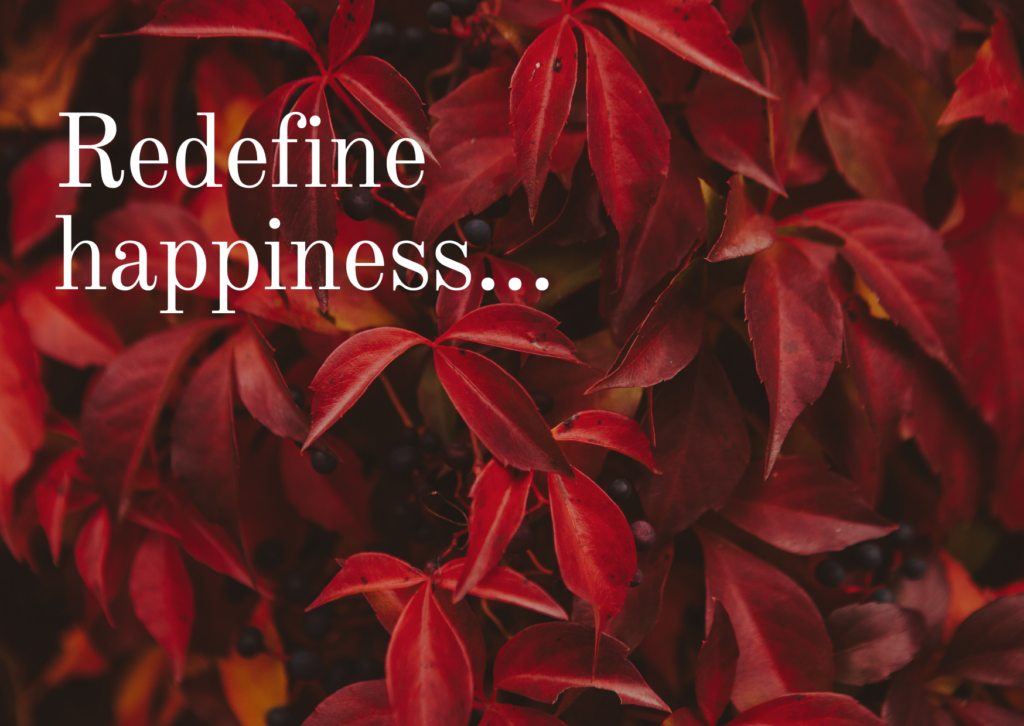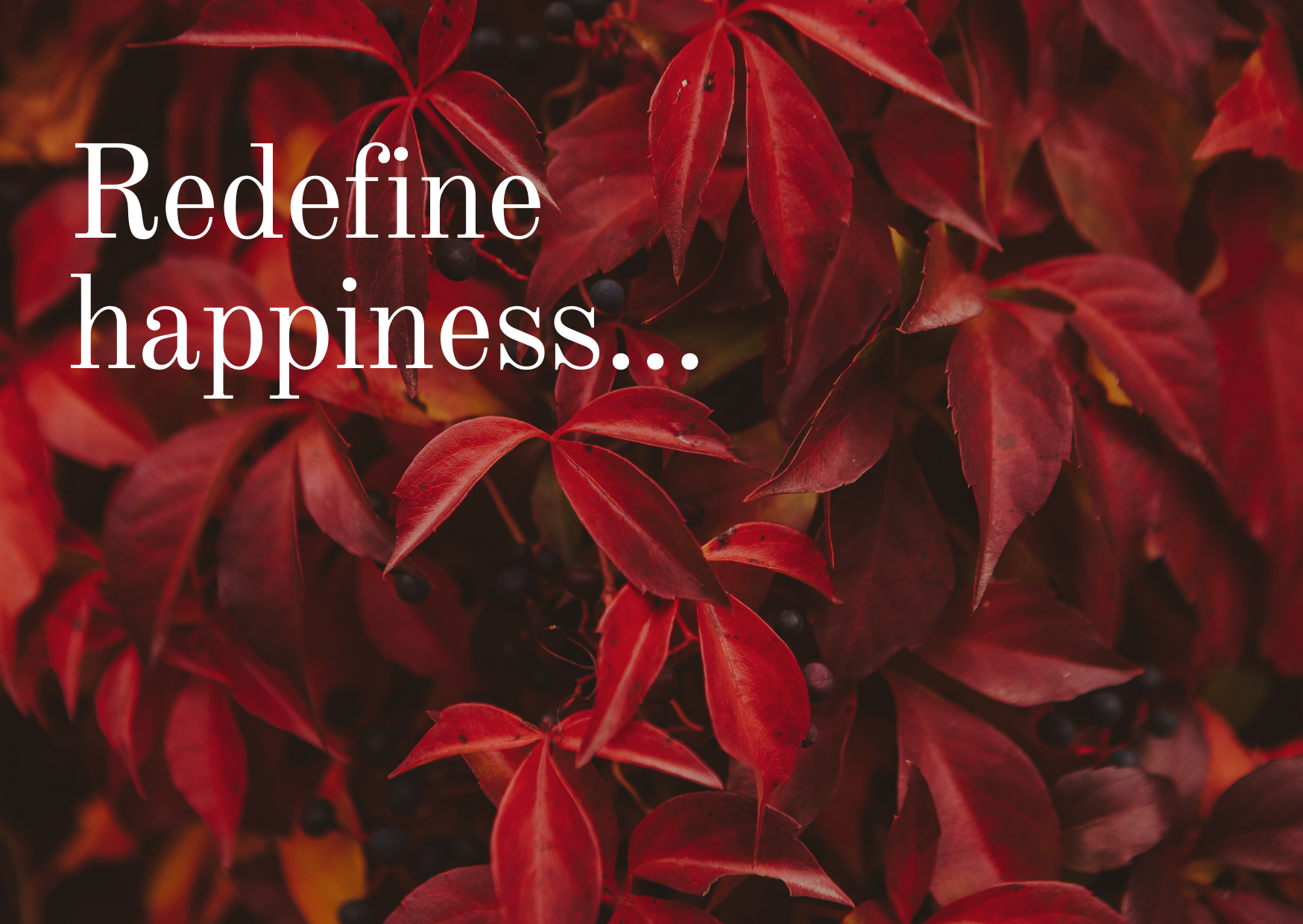
‘Just look on the bright side’
‘Put on your big girl pants’
‘It’s not that bad, someone else has it much worse’
Many of us grow up with messages that sound similar to those above. Positivity isn’t inherently a bad thing, but toxic positivity can be detrimental to our mental health. If we are taught to always just ‘carry on and ‘push through’ and ‘think positively’, we learn that our emotions aren’t important and we feel alienated when we do inevitably experience difficult emotions.
We are taught to suppress anger, sadness, hopelessness, fear, anxiety etc. instead of processing and sitting through the discomfort (often intense discomfort) of emotions. We never learn what to do with these very normal human emotions. Therefore, we don’t know how to validate and process them, because we’re essentially denying that they exist.
Researchers have begun to delve deeper into this topic, and they highlight the harm that denying difficult emotions does to us. Dr Kirstin Neff does research on the benefits of self-compassion, which includes being compassionate towards difficult emotions. Her research indicates that being compassionate towards all the parts of ourselves significantly improves mental and physical health.
Dr. Richard Schwartz developed a theory called internal family systems, which helps us do work to accept the different parts of ourselves. His work shows that if we find ways to relate compassionately towards our ‘parts’ (like the ‘jealous part’, the ‘anxious part’, the ‘child part’ etc), we can decrease the power they have over the system as a whole. He finds that people become more confident and open-hearted if they accept and show compassion for all the parts of themselves.
We often mistakenly assume that if we can just sufficiently ignore these uncomfortable parts of ourselves, and work harder to ‘be happy’ or ‘think positively’ or ‘be more productive’ that will bring us happiness. We strive to be a good, acceptable, productive, member of society. This often gets us external validation from peers and families, but comes at a really high cost to our mental health. And unfortunately, this builds our happiness on a really unstable foundation.
True happiness comes from self-acceptance. This means having compassion for all the parts of you. The parts that make mistakes. The parts that hurt others when we don’t mean to. The parts that need rest when the world is urging you to be more productive. The part that needs to be alone when the socially-acceptable thing is to attend the party. The parts that get sad, angry, hopeless and anxious. This is a tough thing to do, but the research shows that it’s the only way to authentic happiness. Happiness that is built on a stable, internal foundation, and not on external affirmations or achievements.
We need only to look around at the world today to see that striving for unconditional optimism and productivity isn’t heading society in the right direction. We’re turning into a society who avoids the difficult parts of ourselves (and each other) at the cost of real happiness and acceptance. We mask who we really are and what we really feel, and in order to do that we turn to negative coping mechanisms like addiction, avoidance, mistreating others, burnout etc.
True happiness comes from accepting who we are, not who we want to be. Glennon Doyle, author of the book Untamed, shares the following quote “What is pain – like love – is just a place brave people visit?”
Today I want to invite you into a different way of being.
I understand that it can be so challenging to spend time with the uncomfortable parts of yourself. Therefore, my invitation is to go slowly and gently. Don’t make healing another ‘project’ with a to-do list to tick off. Take it slowly, step by step, and explore the difficult, uncomfortable and unacceptable parts of yourself. See if you can find small moments of self-compassion.
On this journey you can enlist a therapist, a support group, close friends, medication if needed, self-care tools like yoga or anything you need to support you on this journey.
Can you take one small step today towards meeting your difficult emotions?
Maybe, just maybe, if you spend time with the difficult emotions, you can find real happiness on the other side.
Let me leave you with this quote by Jim Rohn, to sum everything up;
“The walls we build to keep the sadness out, also keeps out the joy”
written by Karlien Terblanche, Occupational Therapist

